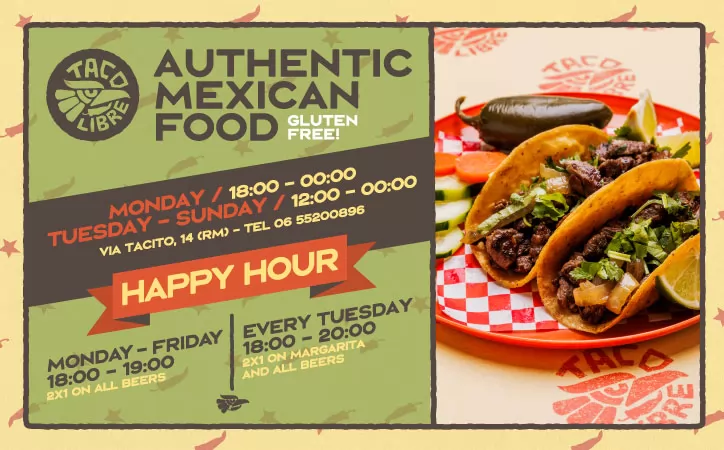A positive approach to cancer.
One woman out of nine will develop a malignant growth in her breasts at some point in her life. Women from wealthier parts of society and industrialised countries, as well as those over the age of 50, are most at risk, according to Komen Italia, a non-profit association affiliated to the largest private institution for breast cancer prevention in the United States.
In the European Union, over 250,000 new cases are diagnosed every year; in Italy, that figure is 30,000. Though the mortality figures for breast cancer in Italy (over 11,000 deaths a year) are slightly higher than the EU average, there has recently been a shift in the publics attitude to the problem in this country. This is in great part due to the tireless efforts of the Veronesi foundation, named after Umberto Veronesi, one of the worlds greatest experts in breast cancer and a former minister of health. Earlier this year, the Italian newspaper Corriere della Sera, in collaboration with the Veronesi foundation, launched the so-called sportello cancro, a cancer information point. This umbrella service brings together, on one website (www.corriere.it/ sportello-cancro), a wealth of information on different kinds of cancers, symptoms to look out for, specialised hospitals nationwide and updates on innovative treatments.
Despite these positive developments, a diagnosis of breast cancer remains a devastating blow, especially when you are living in a foreign country and far from your usual support systems. Elaine Williams, a British woman who has lived in Italy for 30 years, was diagnosed with breast cancer in spring 2003 and explains that at first she felt like a headless chicken. Not sure of how to proceed after a routine mammogram detected a malignant lump in her breast, she went to see a private gynaecologist who assured her he could operate. She is convinced now that he just wanted to make money and when a lumpectomy revealed that the tumour was worse than it had at first seemed, he told her she should see an oncologist.
Finding an oncologist was the hard part Williams took advice from her doctor and spoke to the oncology departments of several hospitals. Finally, she asked to be treated in one of the smaller hospitals close to Rome, which had been recommended to her by a friend with previous experience. She was, however, also referred to a senologist at the Regina Elena hospital in Rome for a second opinion. Unusually, she says, she had all eight cycles of chemotherapy first and then the mastectomy in December last year (it is more common for patients to have a mastectomy and then chemotherapy). As far as her circuitous route to total breast removal is concerned, she says: My absolute advice to anyone who is diagnosed with a tumour is to remain calm and to see a professional oncologist before doing any sort of treatment.
Rose Kazma, an American psychologist who runs a breast cancer support group for English-speaking women in Rome, concurs. She says that many of the women she encounters feel that they arent given all the information, and that some doctors here tend to want to make their own decisions. Many women end up feeling they have been pushed into something, and she recommends taking time to digest all the information so that you can make a decision without pressure. This is all the more relevant because control is a big issue for all cancer patients, who often feel that things have spiralled out of their control. If necessary, Kazma advises, you should collect the results of all your lab tests and consult someone else in your home country, or another physician in Italy.
Now that Williams is through what she calls the black tunnel, she says that the past year has been a remarkable experience. Her illness was treated with an encouraging life goes on attitude and every time she went to the hospital she dealt with the same people and was given a unanimous opinion. She also says that she never felt very unwell as a result of the treatment, unlike friends of hers in the United Kingdom undergoing the same experience. She believes that she received excellent treatment and was very lucky. Whereas her friends in Britain were in and out of the hospital for their chemotherapy sessions in an hour and a half she spent about five hours on average there each time; the first three hours were spent being given medication, which prevented her from feeling ill after the chemotherapy treatment, and she also received drugs to prevent nausea and other side-effects. At the time she was monitored with weekly blood tests, and now she has regular follow-up scans (bone cancer, for example, is often a secondary of breast cancer), mammograms, X-rays and other tests which she says are routine in Italy. In Britain, follow-up screening tests vary and are at the discretion of the doctors concerned; the tests often seem less thorough.
Williams is covered by the Italian national health insurance system, which is available to all legal residents in Italy. She says enthusiastically that she has only paid for two things aside from the initial lumpectomy: her emergency appointment with the senologist at the Regina Elena, and the wig she had to wear when her hair fell out. Even her breast reconstruction, which was initiated during her mastectomy operation and which was almost entirely completed in a second operation last April, was entirely free. More importantly, she says that the resultant reconstruction looks exactly like her breast did.
The patients name has been changed
to Elaine Williams for confidentiality.
Umberto Veronesi Foundation, www.fondazioneveronesi.it.
Komen Italia, www.komen.it, tel. 063050988.





















